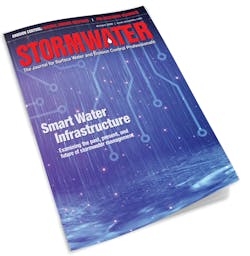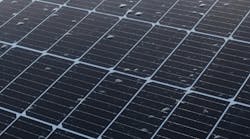As I write this from my home “office” (a table set up in my living room), I have my windows fully open for the first time in over a week. The Air Quality Index in my coastal California city is 55 right now—just a touch over the “Good” standard of 50. And although it’s a relief, there isn’t a single person in our community that isn’t aware how lucky we are that the record-breaking fires haven’t threatened with anything worse than poor air quality. Or not yet, anyway—it’s still early in fire season.
So far this year, over 3.2 million acres of land have burned in California, to say nothing of Oregon and Washington. Combined, fires have charred over 5 million acres in the West Coast, the New York Times is reporting. Whole towns have gone up in flames and left only ash. Destruction in this scale is hard to imagine at the best of times, but it can be even harder when it seems like each year the fires are worse.
We all know that while the destruction brought by wildfires is emotionally devastating, it doesn’t end when the flames are extinguished. Sediment and erosion control professionals will be working to stabilize slopes and revegetate wherever they can in the months to come. Stormwater managers will be working to prepare for sediment-laden runoff when the rains arrive. They’ll be finding ways to deal with the pollutants and chemicals that end up in soils and runoff when human-made structures burn.
For me, this time of year in California brings a constant, low thrum of background tension—how bad will the fires be? Will they threaten my community or the communities of my loved ones? How long until the rains arrive? How bad will the mudslides and flooding be?
The tragedy of wildfires followed by the threat of landslides and the enormous amount of work that goes into protecting communities are plenty to manage in a normal year. But this isn’t a normal year—the COVID-19 pandemic is complicating everything about the fires, from firefighting and evacuation to post-fire remediation and flood preparation. This year, more than ever, the dedication, hard work, and ingenuity of surface water and erosion control professionals will be tested. But like every year, they will rise to the occasion.
If you’d like to share your experiences with post-fire remediation and/or runoff, send an email to [email protected].
About the Author
Rachel Sim
Editor
As the editor of Stormwater magazine from June 2019 to December 2020, Rachel Sim created and curated quality content addressing the challenges faced by surface water and erosion control professionals, focusing on cutting-edge technology and the latest environmental research.


